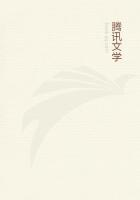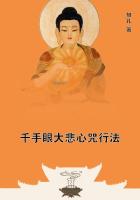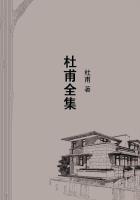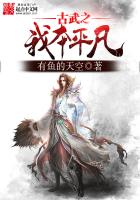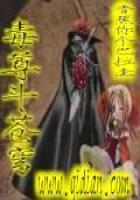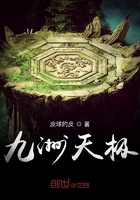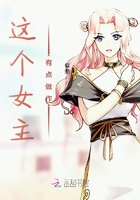[By means of heavy bribes and liberal promises detaching them from the enemy's service, and inducing them to carry back false information as well as to spy in turn on their own countrymen. On the other hand, Hsiao Shih-hsien says that we pretend not to have detected him, but contrive to let him carry away a false impression of what is going on. Several of the commentators accept this as an alternative definition; but that it is not what Sun Tzu meant is conclusively proved by his subsequent remarks about treating the converted spy generously (ss. 21 sqq.). Ho Shih notes three occasions on which converted spies were used with conspicuous success: (1) by T`ien Tan in his defense of Chi-mo (see supra, p. 90); (2) by Chao She on his march to O-yu (see p. 57); and by the wily Fan Chu in 260 B.C., when Lien P`o was conducting a defensive campaign against Ch`in.
The King of Chao strongly disapproved of Lien P`o's cautious and dilatory methods, which had been unable to avert a series of minor disasters, and therefore lent a ready ear to the reports of his spies, who had secretly gone over to the enemy and were already in Fan Chu's pay. They said: "The only thing which causes Ch`in anxiety is lest Chao Kua should be made general.
Lien P`o they consider an easy opponent, who is sure to be vanquished in the long run." Now this Chao Kua was a sun of the famous Chao She. From his boyhood, he had been wholly engrossed in the study of war and military matters, until at last he came to believe that there was no commander in the whole Empire who could stand against him. His father was much disquieted by this overweening conceit, and the flippancy with which he spoke of such a serious thing as war, and solemnly declared that if ever Kua was appointed general, he would bring ruin on the armies of Chao. This was the man who, in spite of earnest protests from his own mother and the veteran statesman Lin Hsiang-ju, was now sent to succeed Lien P`o. Needless to say, he proved no match for the redoubtable Po Ch`i and the great military power of Ch`in. He fell into a trap by which his army was divided into two and his communications cut; and after a desperate resistance lasting 46 days, during which the famished soldiers devoured one another, he was himself killed by an arrow, and his whole force, amounting, it is said, to 400,000 men, ruthlessly put to the sword.]
12. Having DOOMED SPIES, doing certain things openly for purposes of deception, and allowing our spies to know of them and report them to the enemy.
[Tu Yu gives the best exposition of the meaning: "We ostentatiously do thing calculated to deceive our own spies, who must be led to believe that they have been unwittingly disclosed.
Then, when these spies are captured in the enemy's lines, they will make an entirely false report, and the enemy will take measures accordingly, only to find that we do something quite different. The spies will thereupon be put to death." As an example of doomed spies, Ho Shih mentions the prisoners released by Pan Ch`ao in his campaign against Yarkand. (See p. 132.) He also refers to T`ang Chien, who in 630 A.D. was sent by T`ai Tsung to lull the Turkish Kahn Chieh-li into fancied security, until Li Ching was able to deliver a crushing blow against him.
Chang Yu says that the Turks revenged themselves by killing T`ang Chien, but this is a mistake, for we read in both the old and the New T`ang History (ch. 58, fol. 2 and ch. 89, fol. 8respectively) that he escaped and lived on until 656. Li I-chi played a somewhat similar part in 203 B.C., when sent by the King of Han to open peaceful negotiations with Ch`i. He has certainly more claim to be described a "doomed spy", for the king of Ch`i, being subsequently attacked without warning by Han Hsin, and infuriated by what he considered the treachery of Li I-chi, ordered the unfortunate envoy to be boiled alive.]
13. SURVIVING SPIES, finally, are those who bring back news from the enemy's camp.
[This is the ordinary class of spies, properly so called, forming a regular part of the army. Tu Mu says: "Your surviving spy must be a man of keen intellect, though in outward appearance a fool; of shabby exterior, but with a will of iron. He must be active, robust, endowed with physical strength and courage;thoroughly accustomed to all sorts of dirty work, able to endure hunger and cold, and to put up with shame and ignominy." Ho Shih tells the following story of Ta`hsi Wu of the Sui dynasty: "When he was governor of Eastern Ch`in, Shen-wu of Ch`i made a hostile movement upon Sha-yuan. The Emperor T`ai Tsu [? Kao Tsu] sent Ta-hsi Wu to spy upon the enemy. He was accompanied by two other men. All three were on horseback and wore the enemy's uniform.
When it was dark, they dismounted a few hundred feet away from the enemy's camp and stealthily crept up to listen, until they succeeded in catching the passwords used in the army. Then they got on their horses again and boldly passed through the camp under the guise of night-watchmen; and more than once, happening to come across a soldier who was committing some breach of discipline, they actually stopped to give the culprit a sound cudgeling! Thus they managed to return with the fullest possible information about the enemy's dispositions, and received warm commendation from the Emperor, who in consequence of their report was able to inflict a severe defeat on his adversary."]
14. Hence it is that which none in the whole army are more intimate relations to be maintained than with spies.
[Tu Mu and Mei Yao-ch`en point out that the spy is privileged to enter even the general's private sleeping-tent.]
None should be more liberally rewarded. In no other business should greater secrecy be preserved.

